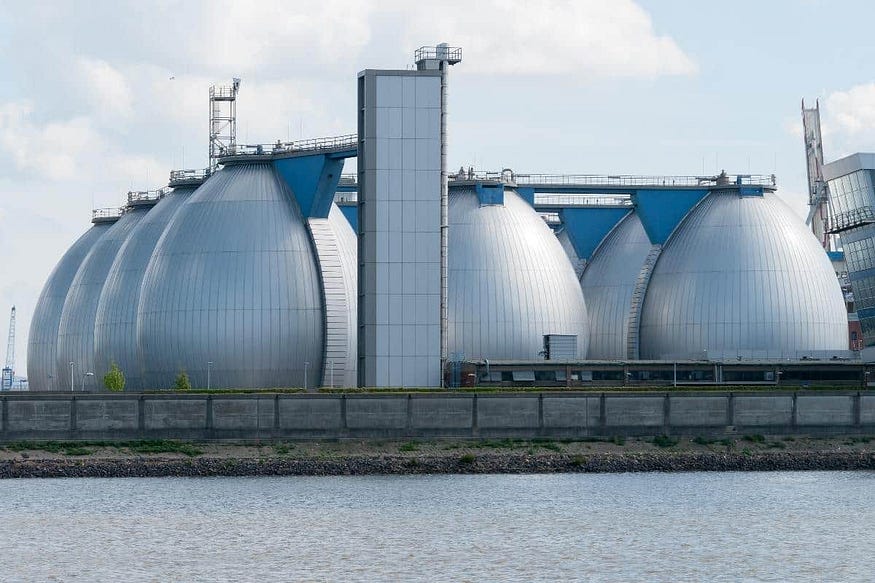High Biogas Yield at Lower Costs: Opportunities for Biogas in Kerala

The growing emphasis on sustainable energy solutions has made biogas in Kerala an increasingly popular choice for waste management and renewable energy. With advancements in technology and efficient practices, achieving high biogas yield at lower costs is now more feasible than ever. This article explores the methods and strategies to optimize biogas production while keeping expenses minimal, ensuring a greener and more sustainable future for Kerala.
The Potential of Biogas in Kerala
Kerala’s unique demographic and environmental characteristics make it an ideal region for biogas development. With a large amount of organic waste generated daily from households, agriculture, and industries, the state has significant raw material availability for biogas plants. The key challenge, however, lies in maximizing biogas yield without escalating operational costs.
Strategies for High Biogas Yield at Lower Costs
- Efficient Feedstock Utilization
The quality of feedstock directly influences biogas production. In Kerala, using readily available resources like kitchen waste, agricultural residues, and animal manure can enhance yield while minimizing costs. Pre-treatment of waste to break down complex materials further boosts efficiency. - Adopting Advanced Technologies
Modern biogas technologies, such as anaerobic digesters with improved designs, ensure higher gas production. Innovations like multi-stage digesters or continuous stirred-tank reactors optimize the breakdown of organic matter, yielding more biogas in less time. - Scaling Community Biogas Plants
Instead of setting up multiple small units, Kerala can benefit from centralized biogas plants catering to community needs. Shared costs for setup and maintenance make this approach economically viable while ensuring high efficiency. - Utilizing By-products
Biogas production generates valuable by-products like bio-slurry, which can be used as organic fertilizer. Selling these by-products can offset operational costs, making biogas plants more profitable. - Government Support and Incentives
The Kerala government offers subsidies and incentives for renewable energy projects. Leveraging these programs can significantly reduce the initial investment required for biogas plants.
Case Studies: Successful Biogas Projects in Kerala
Several regions in Kerala have already implemented cost-effective biogas solutions. For instance, community biogas plants in rural areas have successfully converted organic waste into energy for cooking and lighting, reducing dependency on conventional fuels.
Conclusion
Achieving high biogas yield at lower costs is a realistic goal for Kerala, given its abundant organic waste and supportive government policies. By adopting efficient technologies, leveraging community initiatives, and utilizing by-products, the state can unlock the full potential of biogas in Kerala as a sustainable energy solution.

Comments
Post a Comment